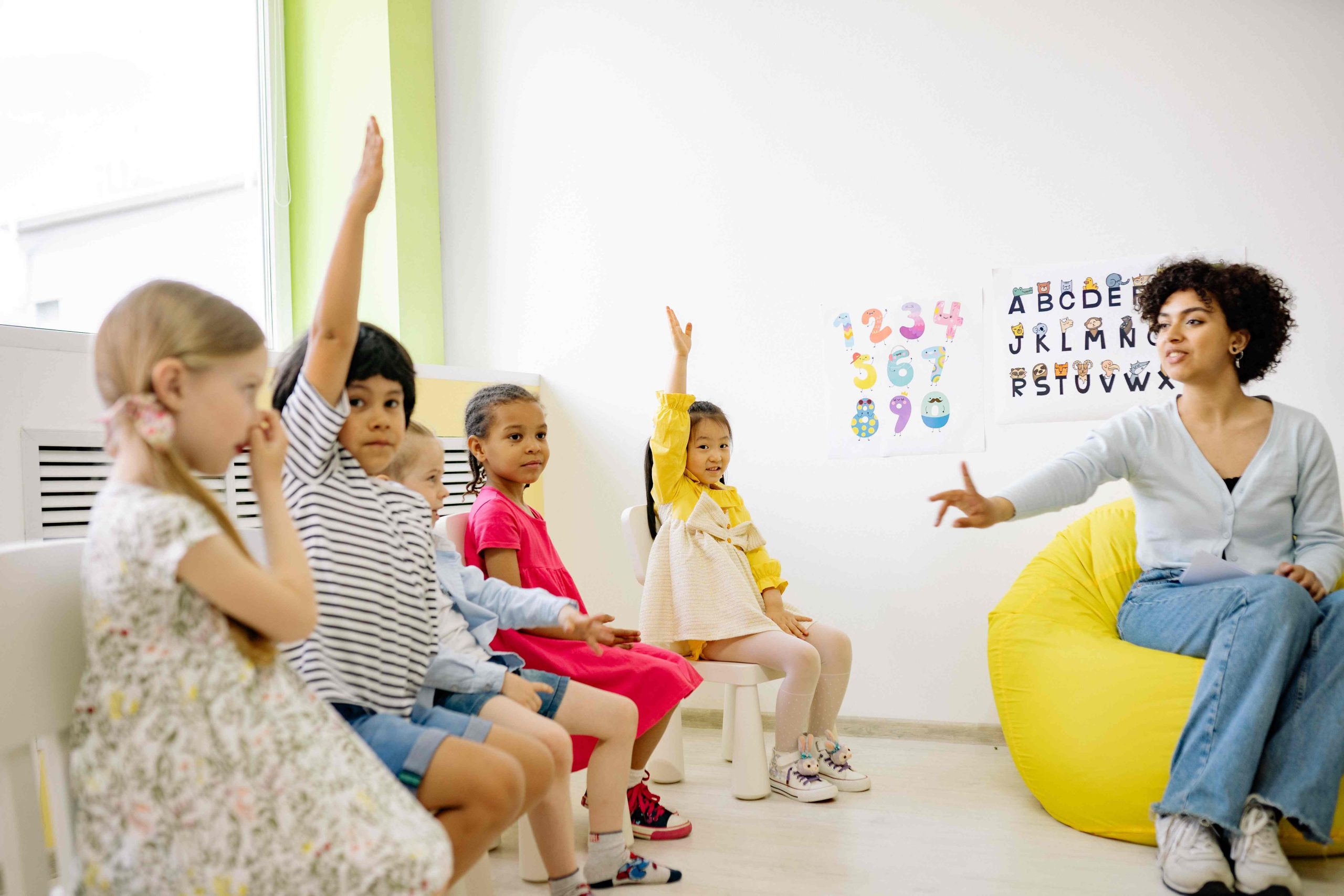
Understanding the Different Learning Stages of Preschoolers
Although learning is continuous throughout our lives, it’s particularly crucial during the early years. Preschoolers undergo distinct stages of learning, each with its unique characteristics and challenges. Here, we’ll explore these phases and discuss ways parents and teachers can support children during these critical times.
Stage 1: The Sensorimotor Stage (Birth to 2 years)
In this initial stage, lasting from birth to around age two, preschoolers learn primarily through their senses and motor skills. They explore the world around them, developing concepts like object permanence. Parents can support this stage by providing safe, stimulating environments and engaging toys that encourage sensory exploration.
Stage 2: The Preoperational Stage (2 to 7 years)
From ages two to seven, preschoolers begin using symbols to represent objects and ideas. While their cognitive skills grow, they may still struggle with egocentric thinking. Encouraging imaginative play and language development can aid their progress during this stage.
Stage 3: The Concrete Operational Stage (7 to 12 years)
During this stage, which typically spans from seven to twelve years old, preschoolers develop more advanced cognitive abilities, such as logical thinking and understanding conservation. Problem-solving activities like puzzles and math games can help foster cognitive growth.
Stage 4: The Formal Operational Stage (12 years and above)
In the formal operational stage, beginning around age twelve and continuing into adulthood, preschoolers develop abstract thinking and hypothetical reasoning skills. Engaging in activities like debate and philosophy can aid in their critical thinking development.
Learning Styles
Each child has a unique learning style, which may include visual, auditory, kinesthetic, or other preferences. Understanding a child’s learning style can help parents provide tailored support to maximize their learning potential.
Role of Play
Play is essential for preschoolers’ cognitive, social, and emotional development. As they progress through different stages, the nature of play evolves, offering opportunities for exploration, imagination, problem-solving, and critical thinking.
Conclusion
Understanding the various learning stages of preschoolers allows parents and teachers to create developmentally appropriate learning experiences. By recognizing individual learning styles and fostering growth through play and structured activities, we can help preschoolers thrive and develop a lifelong love of learning.


